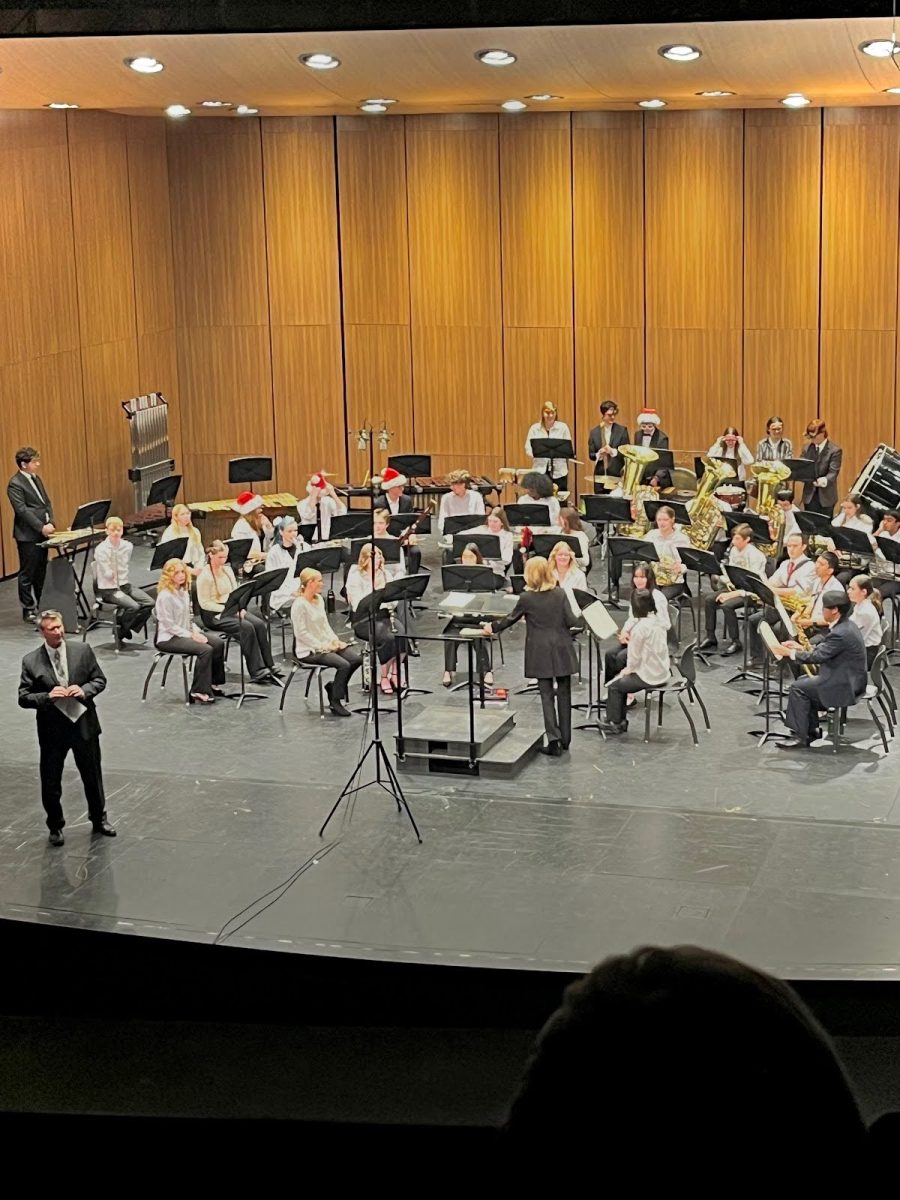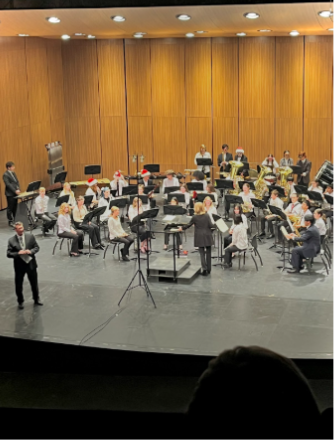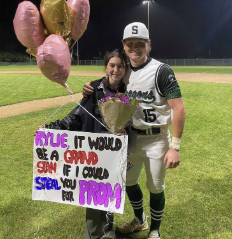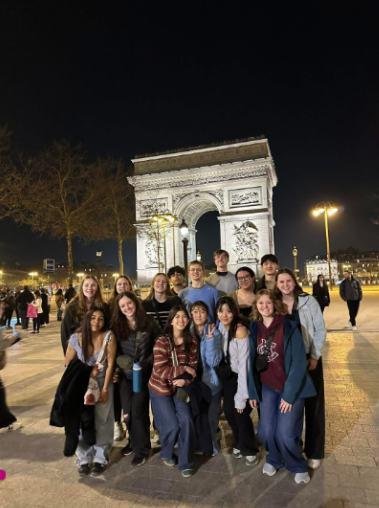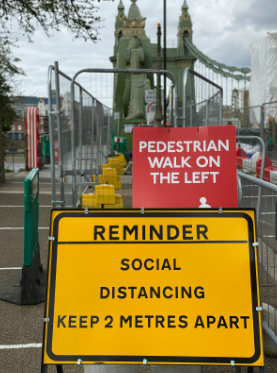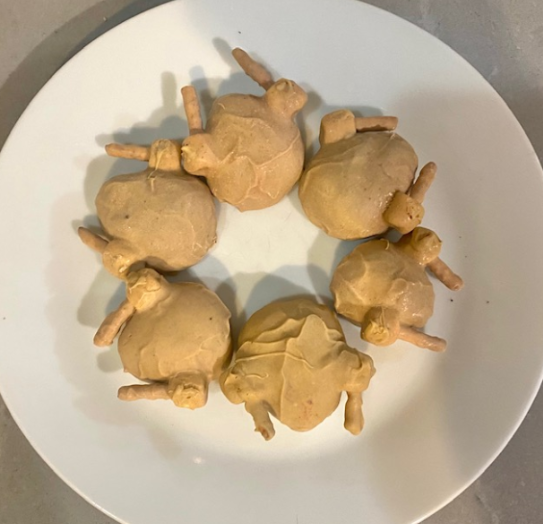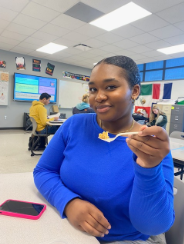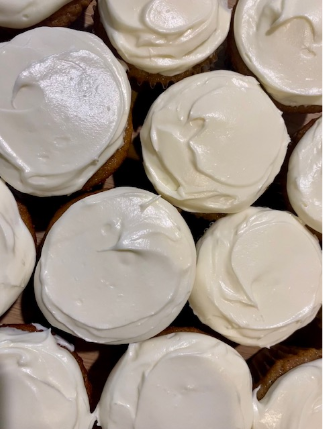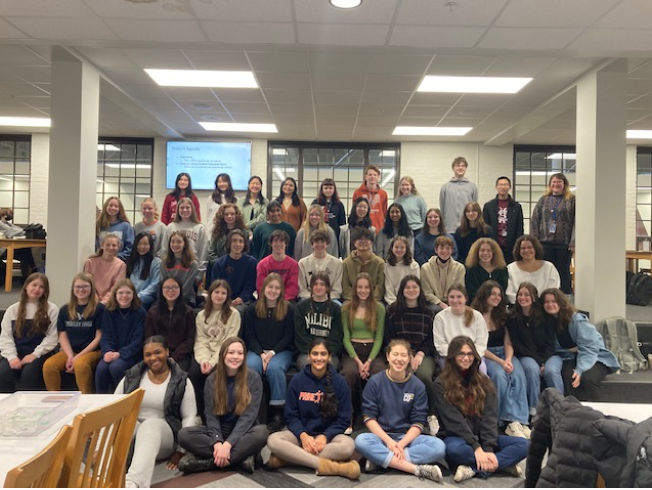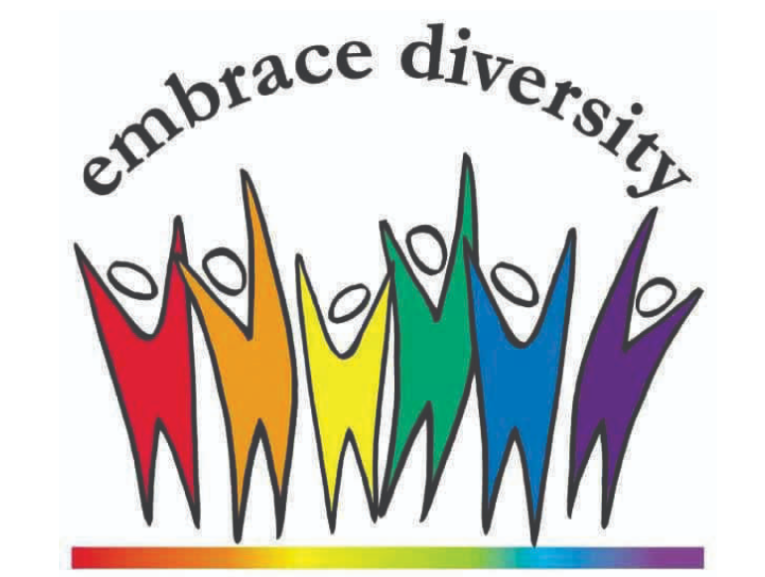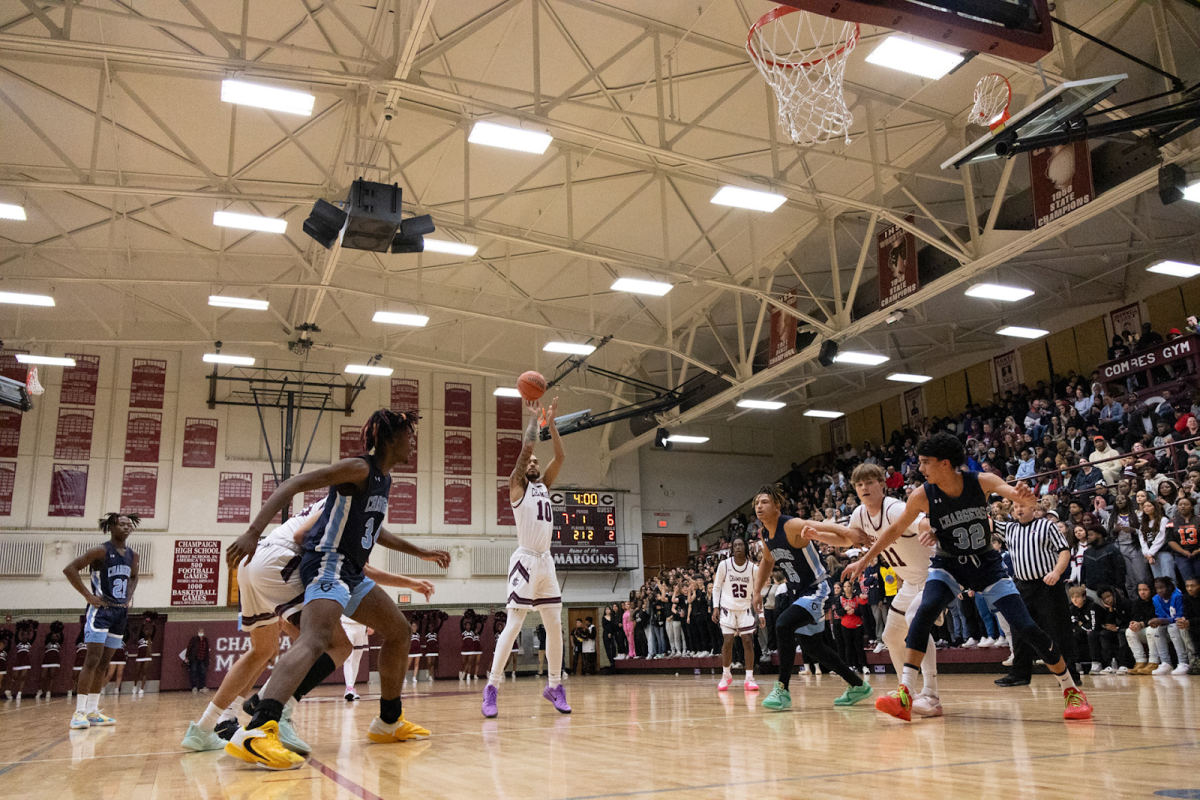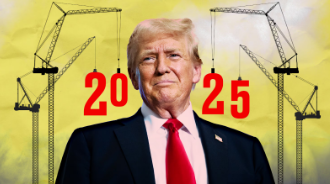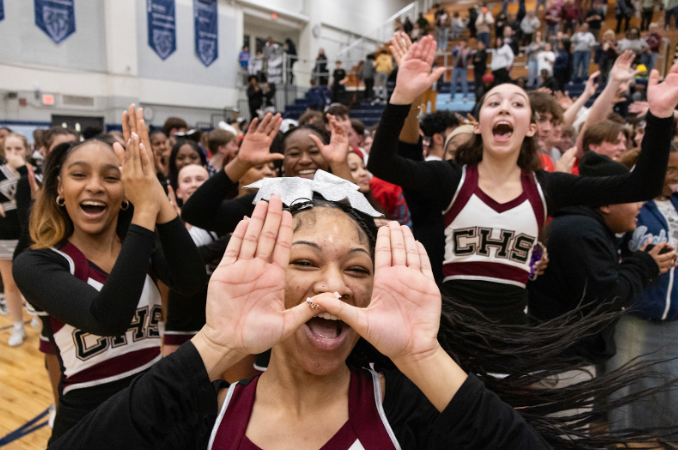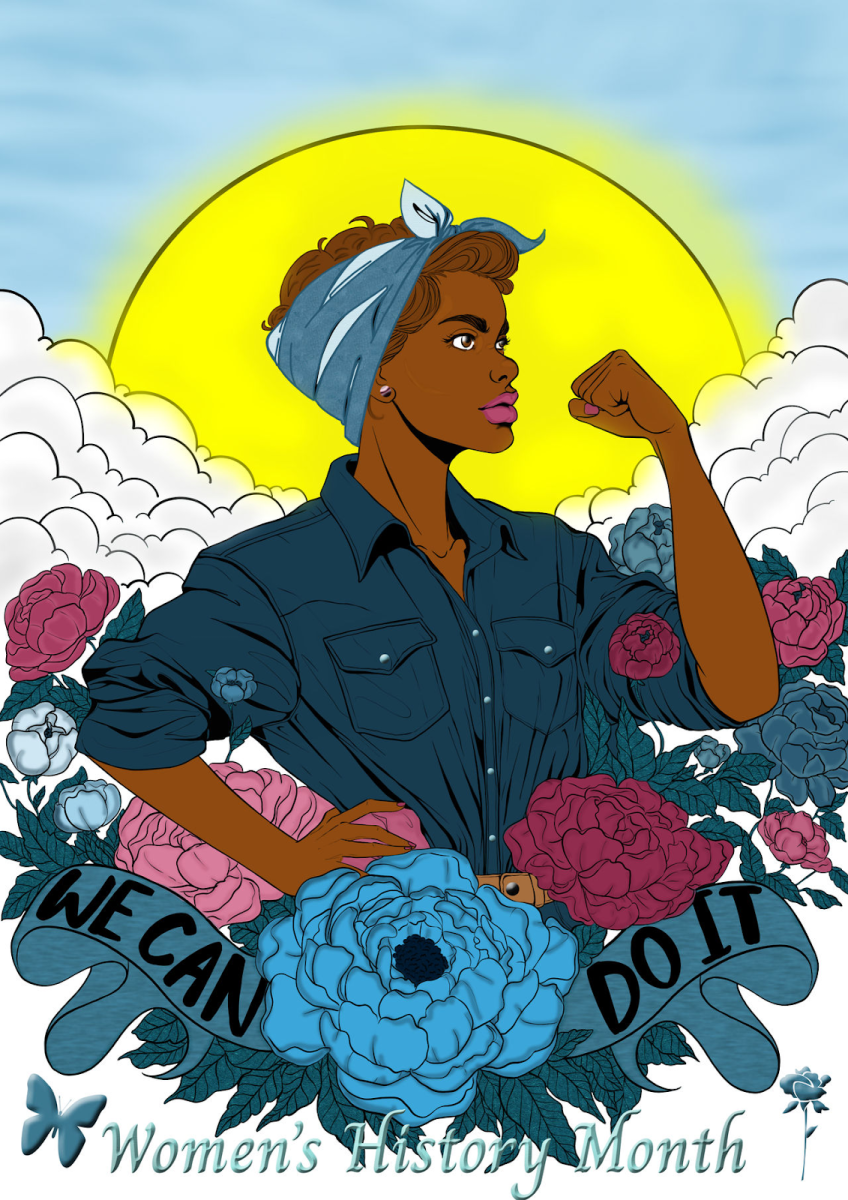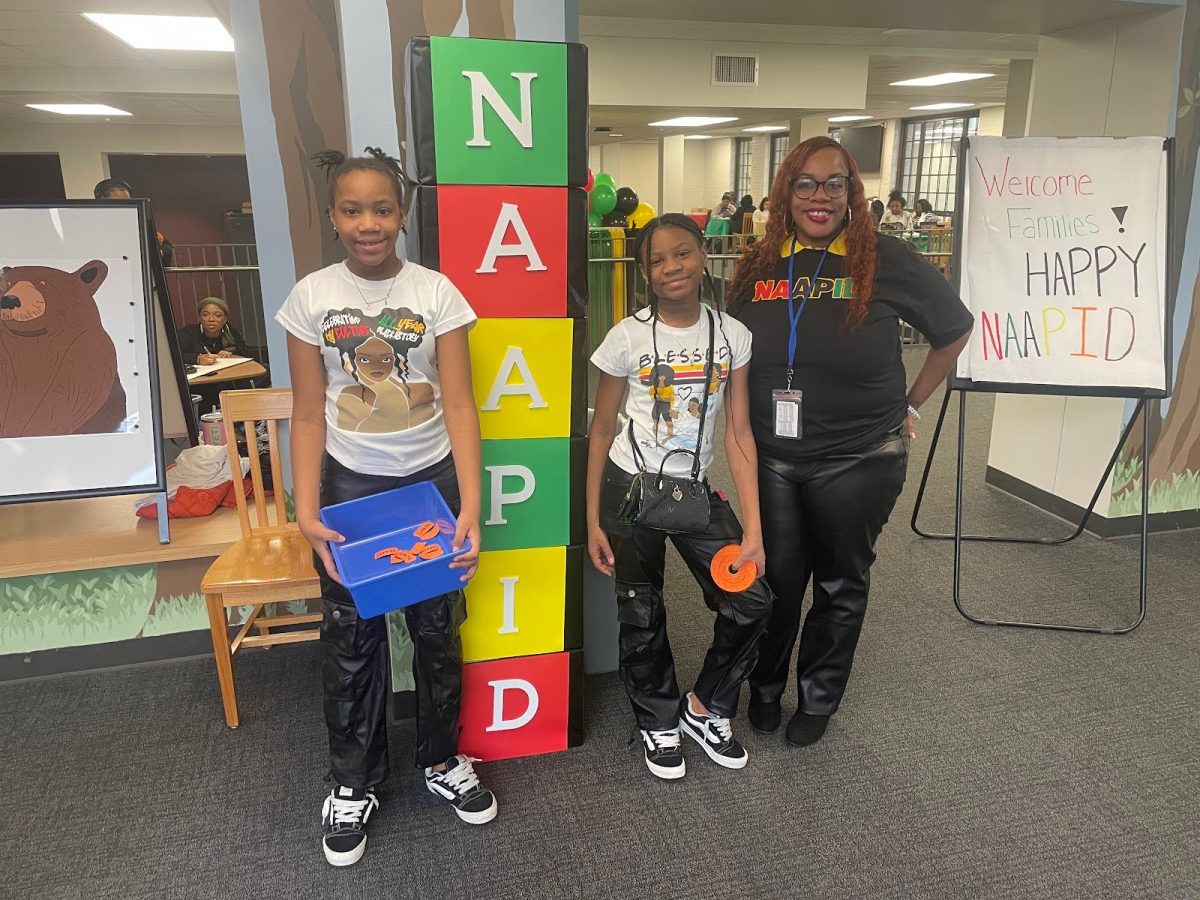AAPI Month Spotlight

May 15, 2023
The month of May is Asian American and Pacific Islander month, a time to celebrate and recognize Asian Americans and Pacific Islanders all over the world, especially the individuals within our community. Champaign-Urbana is home to a diverse Asian American community, with Central High School having an incredible array of impactful Asian American staff and student population.
In order to celebrate AAPI month, it is crucial to understand the importance of what we are celebrating.
In past years, the celebration of AAPI month has often been overlooked, with a lack of media coverage and recognition, leaving many Asian Americans and Pacific Islanders to feel underrepresented.
“To be honest, I hadn’t actually heard of AAPI month until last year,” said Samaira Sandil, Central Junior and Managing-Editor for the Central Chronicle, “I think we could do more to actually bring recognition and awareness to the month.”
Ms. Kim, Guidance Counselor at Central High School, expressed her thoughts on the importance of AAPI Month, “I think it is important because it reminds me of how far we’ve come and just to celebrate different individuals who have made such a mark in history and our culture. A lot of times, we forget that there have been difficulties and how much we’ve grown in awareness.”
“I feel like our society is so diverse, so people, especially minorities, have not always been supported in this society, they should get the chance to be celebrated every once in a while for their strength and endurance. For their diversity and beauty they bring into this society,” said Janani Pattabi, Central Senior and Editor-In-Chief for the Central Chronicle.
“Especially in America, the Asian American aspect of our society has been underrepresented. So, having a month to highlight and encourage, and just support Asian Americans is really special,” said Sandil.
Mrs. Long, Central Associate HS Principal said, “I feel like the tendency with this particular group is kinda this idea of grouping all Asians together in one category, which can end up creating a single story when that’s not an accurate representation of the huge breadth of different groups within that umbrella term of Asian American or Pacific Islander American. There are like 48 different groups represented in the United States, so I think that celebration and drawing additional attention in education and opportunities to celebrate the fact that we have a really diverse population that can’t be represented by a single title is important.”
Teacher Choi, Central English Teacher, gave their perspective: “A lot of the times when we talk about race and celebrating people of color, we focus on Black Americans and Latino Americans, Latinx Americans, and that is amazing, we should keep doing that. But as a result of things- like the minority culture, and the model minority, Asian Americans have sometimes been pushed to the sidelines. As a result of the Covid pandemic, Asian Americans were discriminated against more so, so it’s something we should be mindful of and remind ourselves that Asian American culture is very diverse.”
Pattabi said two impactful Asian Americans at Central for her are Teacher Choi and Samaira Sandil, “Last year I didn’t have many, but now we have Teacher Choi, who has been incredible. I love talking to them about common struggles we share, common family instances, and they’re just always a safe place for me.”
Also, Samaira, I think it’s awesome that both Editor-in-Chief and Managing-Editor this year were both Indian. She’s gonna do amazing as Editor-in-Chief, so I loved having solidarity with her as well, and I think her work ethic, her drive, her passion- just inspired me further and kept me pushing, and kept me motivated and engaged in the Chronicle.”
Sandil described Teacher Choi to be an impactful Asian American at Central for her, “Teacher Choi, because I work closely with them, but also them being a younger teacher, in comparison to all [the older teachers]. Having Teacher Choi being pretty much close to age, to us, their views on how things work and how they share their own stories… they’re a very special teacher to me.”
But in more recent years, more recognition has been brought to the Asian American community, with further representation apparent in the media with movies like Everything Everywhere All at Once (which won seven Oscars) featuring a predominantly Asian cast, having a Chinese lead actress, or shows like Never Have I Ever that stars an Indian female protagonist.
“I think we do need more Asian-American diversity, for sure. In the past 3-4 years, we’ve been doing a lot more to create that in media and just society in general. Especially with Everything Everywhere All at Once, just like how that became such a cultural phenomenon and I think the rock scene was the perfect example,” said Choi.
“I think representation is getting a lot better, I feel like we’ve moved on from Ravi from Jessie,” said Pattabi, “We have people like Devi from Never Have I Ever and, I’m forgetting the book, but there’s just a lot of new books with South Asian and just like- Asian leads in general. I feel like that’s allowing a lot of Asian American, Pacific Islander youth to realize they don’t have to be confined to just stereotypes. They can be whatever. They can be the hero of the story, they can do anything they want. So I think representation helps both AAPI youth and also society, and how they view Asian Americans and Pacific Islanders.”
Asian American and Pacific Islander Month helps us to remember the history of those around the world and the ones around us, and to celebrate and recognize that.
“I think it’s really important to be proud. The importance of pride, recognizing your culture, studying your culture, knowing your culture, is so important,” says Long.
As a word of advice to the young Asian American and Pacific Islanders, Pattabi says, “Love yourself and love your culture, it can be hard, especially in the U.S., where there’s a very set definition of what beautiful and acceptable is. You have to just appreciate your culture and see that it is beautiful, and that you are so worth it.”
